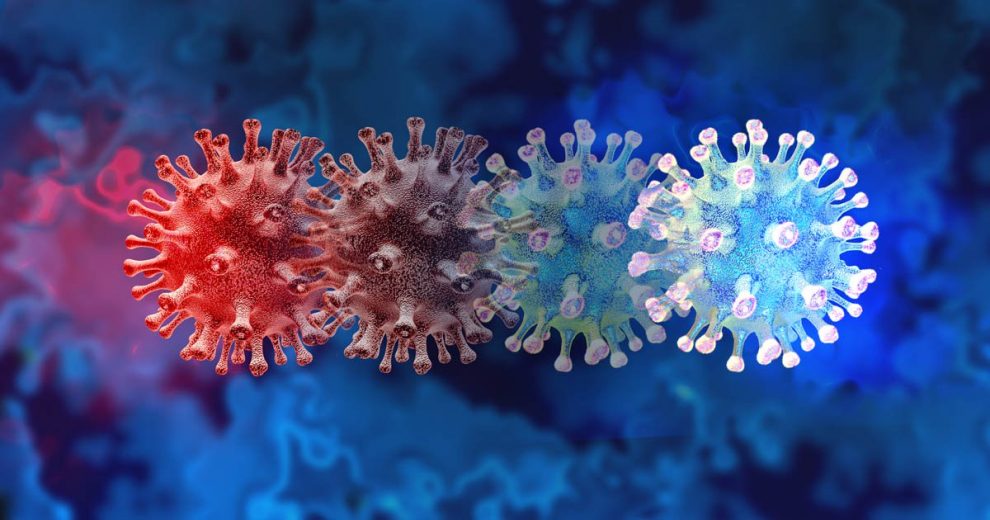Around the world, Covid-19 has been affecting millions of people with its deadly symptoms. Although cases throughout the US have been declining, the rise of several other dangerous variants emerged. Most variants have similar Covid-19 symptoms and some, such as the Alpha and Delta variants, may cause even more severe conditions. To monitor these variants, scientists are keeping records based on how easily they spread, how they are treated, and the severity of their symptoms. Most variants tend to spread more quickly than others. This may lead to more cases of Covid, more strain on healthcare resources, more hospitalization, and potentially more deaths.
Like any other virus, COVID-19 has been constantly mutating. Since its first appearance in China in 2019, it has gone through several minor variations that have made the virus more infectious and contagious. This was first seen through the Alpha variant that spread globally, before it was mutated further into the even more infective Delta variant. In addition, a newly discovered mutation of the Delta has been investigated in the UK. Many scientists are worried that this could make the virus even more transmissible and undermine the Covid-19 vaccine further. However, there is still much unknown about this subtype of the Delta, which some people are even calling the new Delta Plus. More so, Stuart Ray, vice chair of medicine for data integrity and analytics, even stated, “There is evidence from laboratory studies that some immune responses driven by current vaccines could be less effective against some of these variants.” He warns everyone to watch for changes from the CDC and to continue with safety precautions, such as mask wearing and social distancing.
The pandemic’s trajectory in 2020 was fairly predictable, however “I think we’re going into an unpredictable phase now,” says Jeremy Farrar, an infectious disease expert. Many other scientists agree with Farrar and want to use this time as an early alarm bell, and as a chance to get ahead of the variant. Scientists even hypothesize that more genetic changes could result in a more contagious mutation. These mutations are formed when the infection attaches to your cells, making copies of their RNA. If there’s a copying mistake, the RNA gets changed, and a mutation forms. In particular the Covid-19 variants are created when they first affect the virus’s spike protein. These proteins help the virus attach to human cells such as the nose and lungs, causing these new variants to bind more tightly onto our bodies.
As more researchers keep up with these new versions of the virus’s genetic sequencing and evolution, they encourage people to stand by the safety regulations set out by the CDC. Discoveries like these are just beginning and in the meantime, scientists are continuing their efforts to prevent viral transmissions and to vaccinate as many people as possible.







